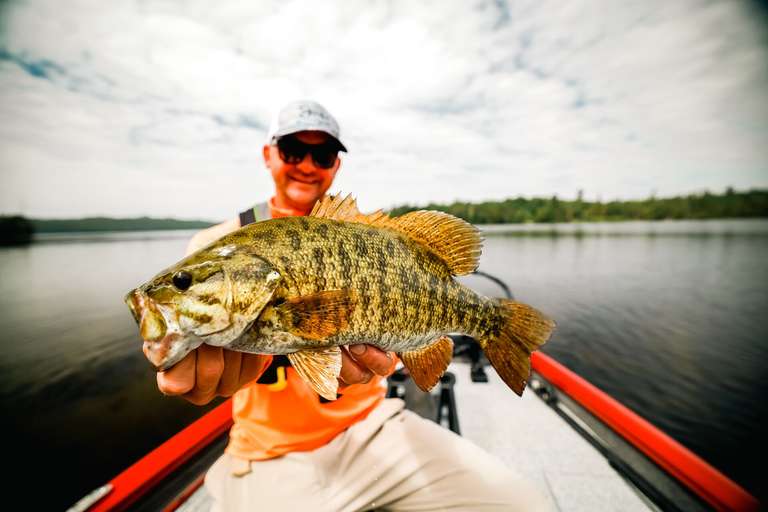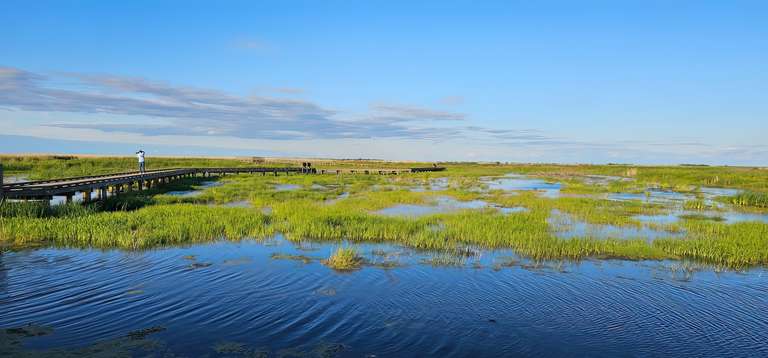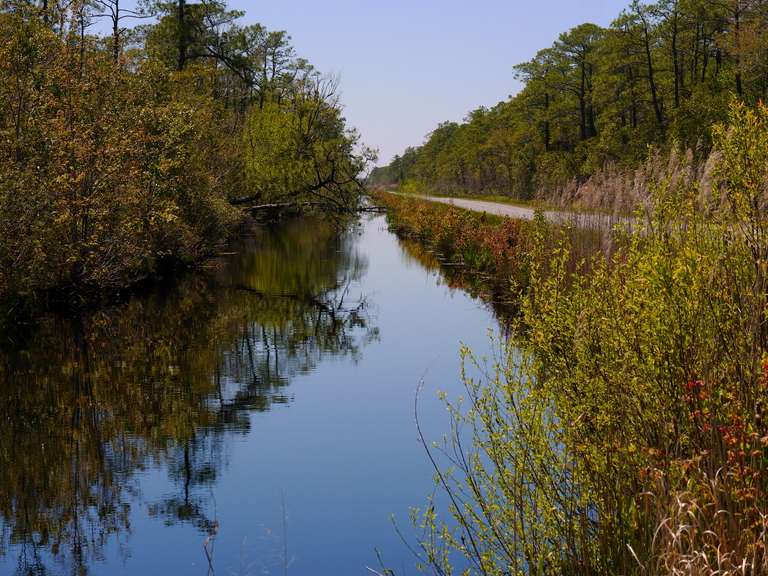How to Operate Fishing Boats in Bad Weather
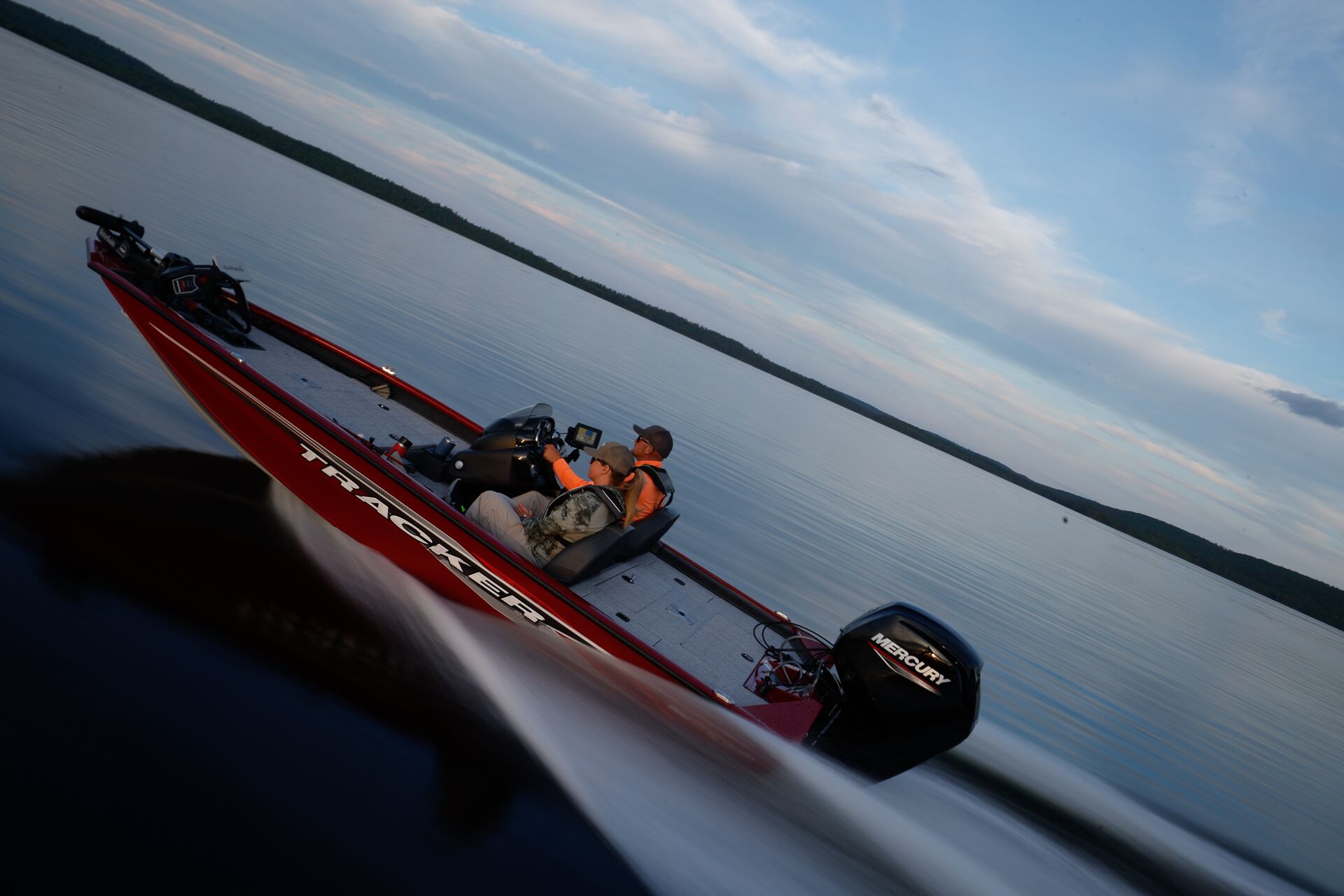
Knowing the weather is very important when boating and fishing, whether going out for pleasure or as part of your job. Ideally, you have wonderful weather and ideal conditions for bringing in plenty of fish.
Unfortunately, even with the best plans in place, you could end up operating fishing boats in bad weather.
If you must go out in bad weather or you're already out and a storm blows in, you want to know what to expect, especially in a smaller boat. The lighter and smaller the vessel, the more it can be tossed around or blown off course in inclement weather, leading to higher chances of a boating accident.
Here's what to consider if you need to operate your fishing boat in terrible weather conditions.
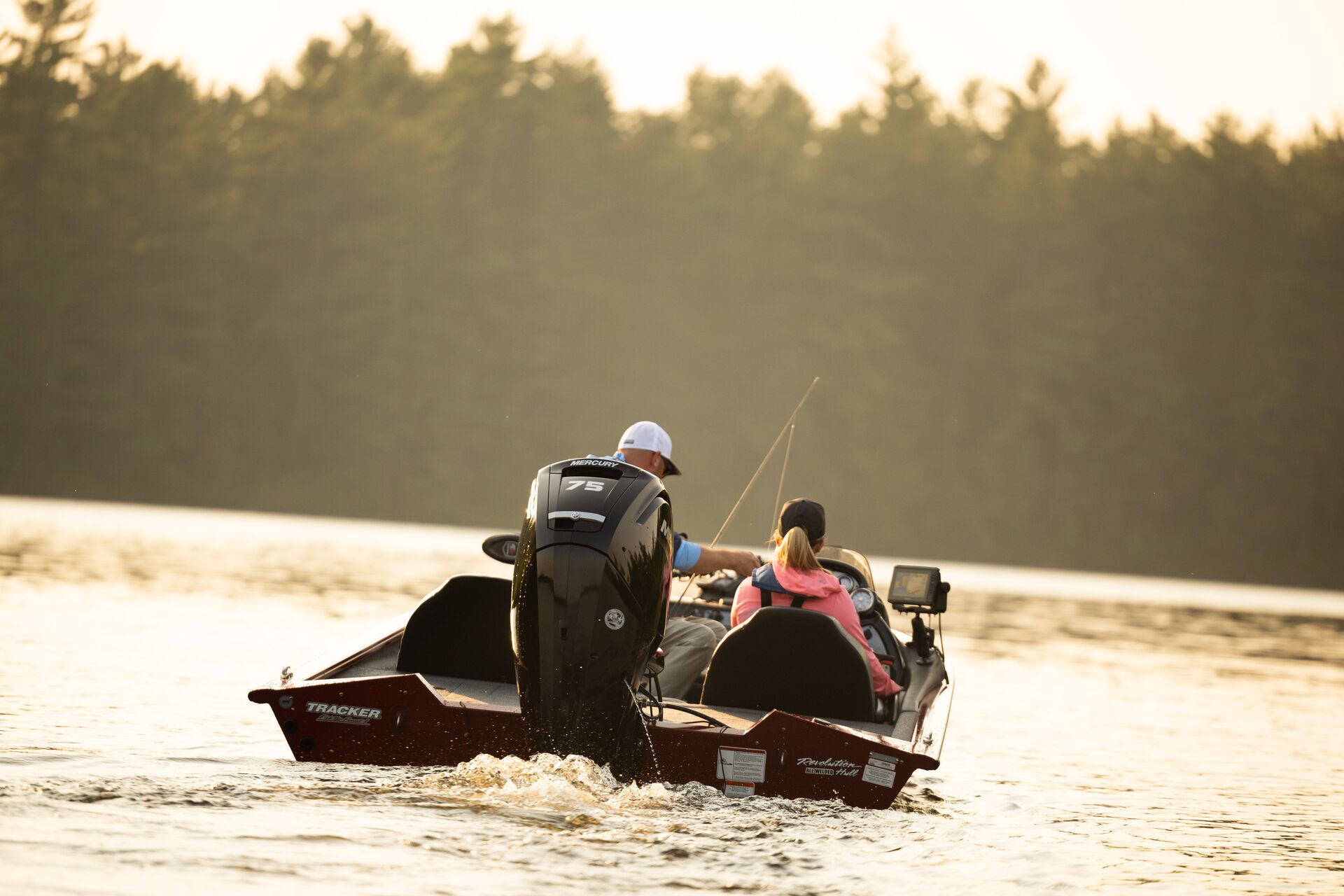
What Are the Specific Concerns for Small Boats?
Using small fishing boats in bad weather has numerous risks that may not affect larger vessels. One significant concern is their susceptibility to capsizing, as they are more prone to tipping over in high winds or large waves.
Additionally, the limited freeboard of smaller vessels can be problematic since smaller boats have lower sides that are more likely to take on water. Along with the lower sides, smaller boats are more sensitive to improper weight distribution, making them unstable in rough water.
Another concern for small boats is engine power. Smaller engines have significant limitations when fighting strong currents or big waves. This can mean getting your boat headed in a particular direction or returning to shore takes longer.
Pre-Departure Preparations
Small boats are particularly vulnerable to weather, as they're more affected by wind, waves, and low visibility.
However, you can do several things to protect yourself when operating small boats in bad weather. Many of the best ways to stay safe start before leaving the dock.
First, check the weather forecast. Use reliable sources for up-to-date weather reports, and understand the terminology used. For example, a "small craft advisory" could mean a rough day on the water and increased risk for your fishing boat.
Second, inspect your boat. Make sure the bilge pumps function correctly, and you have plenty of fuel. The engine should work properly, and all your gear should be secured inside the boat so it won't shift around during rough seas.
Lastly, make sure you have the proper emergency equipment. You need life jackets for all passengers, a waterproof map, and a GPS device. Make sure you have flares, a radio, and a first aid kit. When the seas are rough, the chance of an injury increases, so you want to be prepared.
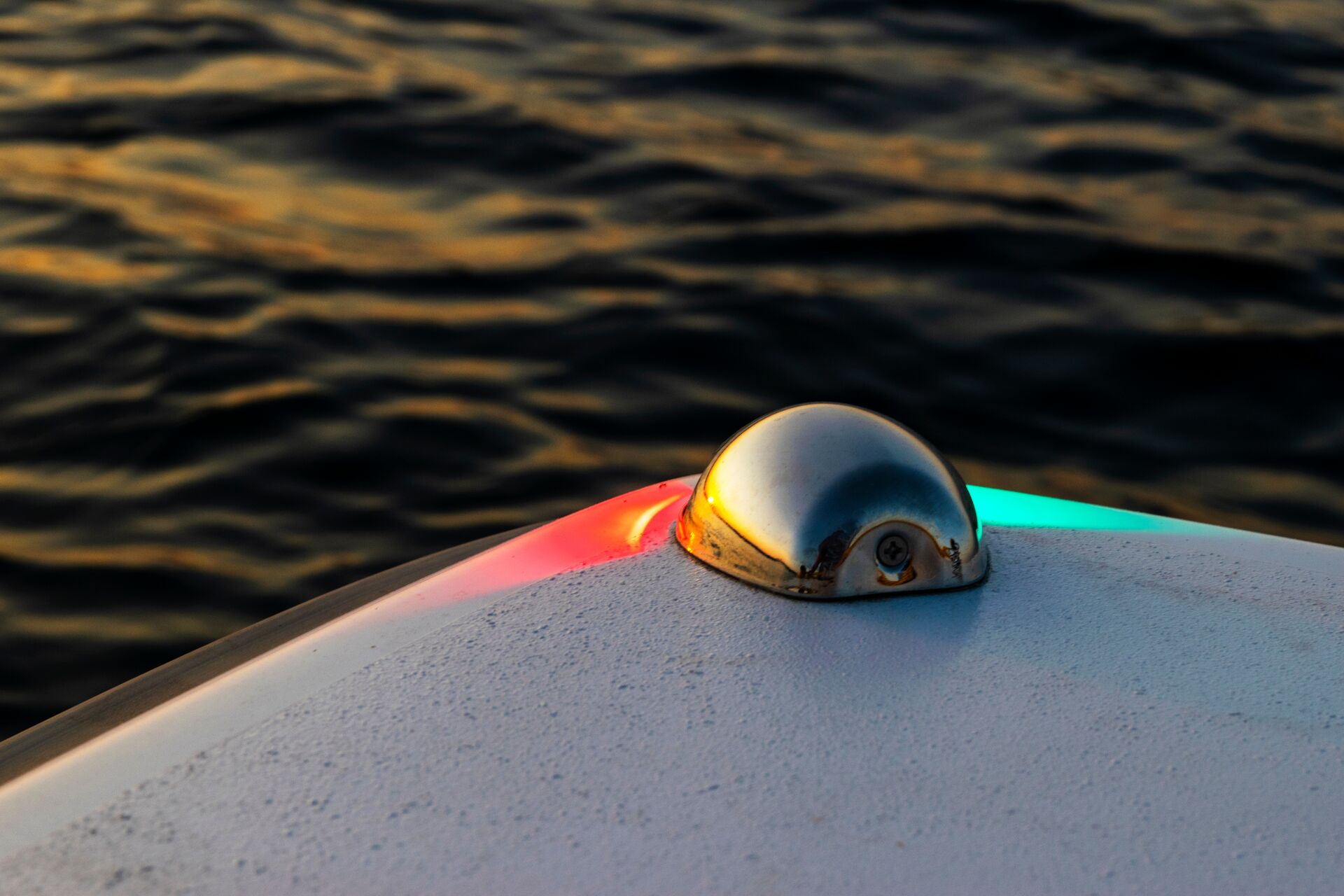
During the Trip: Safety Tips in Bad Weather
Operating boats in bad weather takes extra effort and care. There are many ways to protect yourself and your passengers while having a successful fishing trip. While you're out on the water, be sure to:
- Reduce Speed: This helps you maintain control of your boat while navigating rough waters, much like slowing a car on a winding or icy roadway.
- Bow Into the Waves: Approaching waves at a 45-degree angle minimizes rocking and the risk of capsizing, helping keep your boat upright.
- Consider Balance and Weight Distribution: Keeping weight evenly distributed avoids tilting or swamping, so your boat can move with the waves and remain afloat.
- Use Navigation Lights: Enhancing visibility for yourself and others during storms or low visibility conditions reduces the risk of a collision.
- Maintain Communication: Using a VHF radio to stay in touch with the Coast Guard or other boats in the area increases the chances of a quick response in an emergency.
While not a guarantee of safety, these steps can make your fishing trip less risky and help you return to shore safely.
What to Do If You're Caught in a Storm
Knowing what to do if caught in a storm can make the difference between a successful fishing trip and a capsized boat that puts lives at risk.
If you have to fish in a storm, or bad weather blows in unexpectedly when you're already out, you should:
- Anchor Safely: Use an anchor to prevent drifting and keep your boat in one place, but avoid anchoring from the stern.
- Head to Shore Carefully: If you're near shore or can't anchor and wait it out, identify the closest safe harbor or protected area and make your way carefully in that direction.
- Stay Calm: Avoid sudden movements that could destabilize the boat.
While it's understandable to be nervous and want to hurry to shore, doing so could put you at increased risk. Staying calm is key.
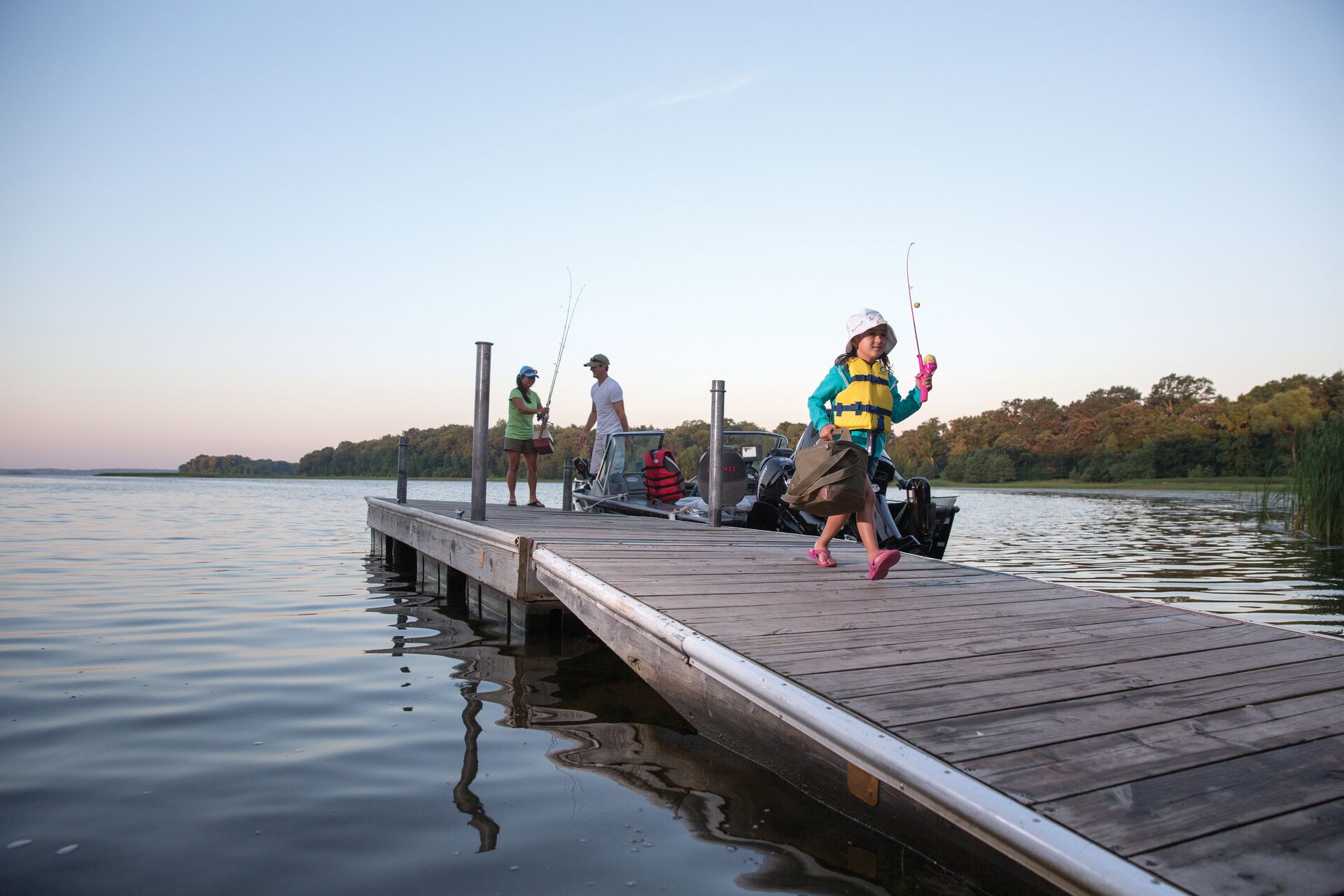
What to Do After Safely Returning to Shore
When you return from your bad-weather fishing trip, inspect the boat.
Look for damage to the hull or motor caused by rough conditions and note anything that needs repair.
Learning from the experience helps you understand what improvements could be made for future trips.
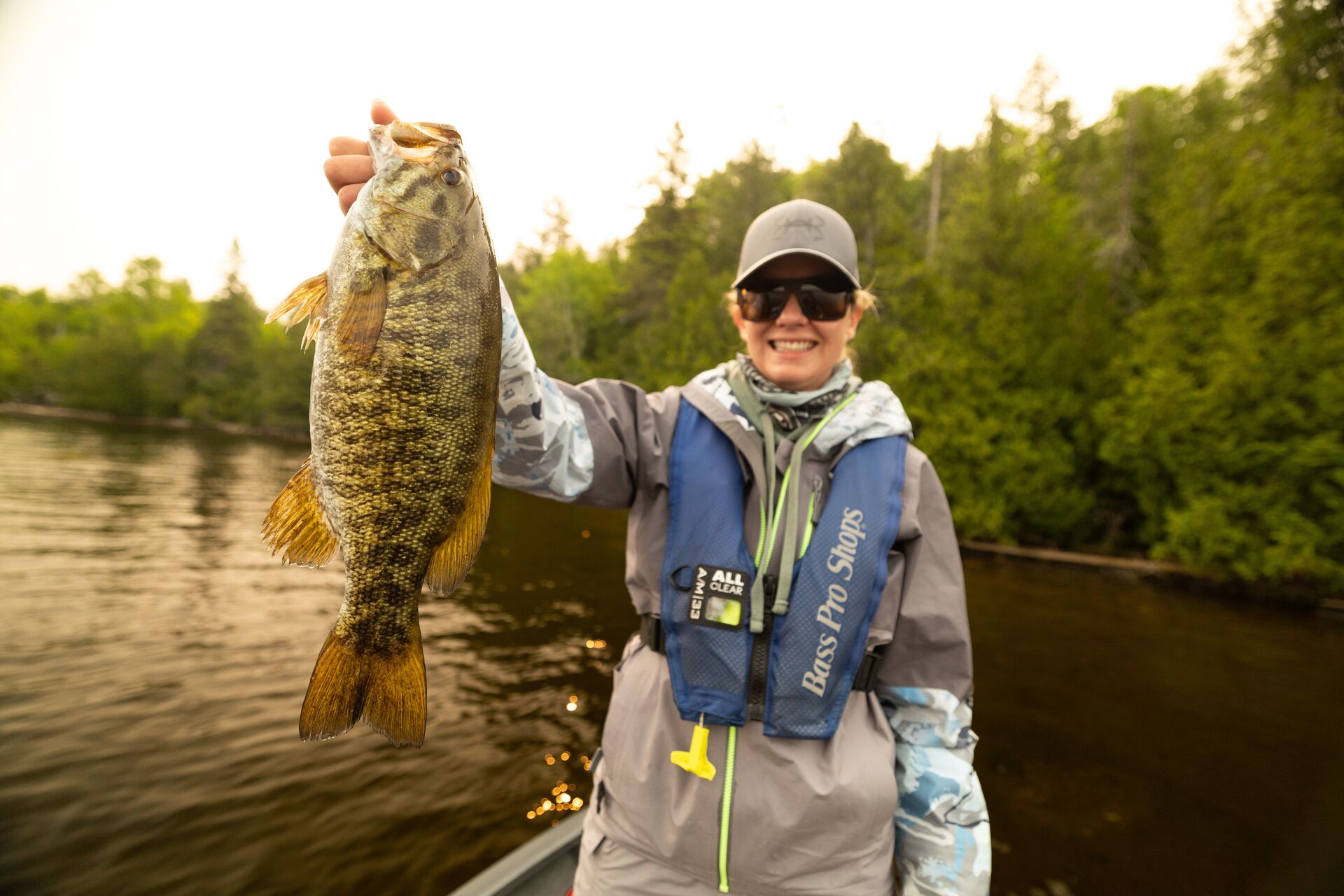
Boater Education Helps You Stay Safe on Boats in Bad Weather
We hope you never get stuck on a small boat in bad weather! However, if you do, we hope these tips help you get back to the dock safely.
A boater education course is one of the best ways to improve safety and your knowledge of what to do when something goes wrong when out on the water — in good weather or bad. Taking an online course through ilearntoboat is one of the best, most fun, and fastest ways to gain the knowledge you need for safe boating.
Spring launching time is almost here! Whether you boat to go fishing, water ski, or just enjoy time relaxing on the water, let us help you do it safely before your next adventure.
Take the ilearntoboat course for your state, so you're ready this season!

